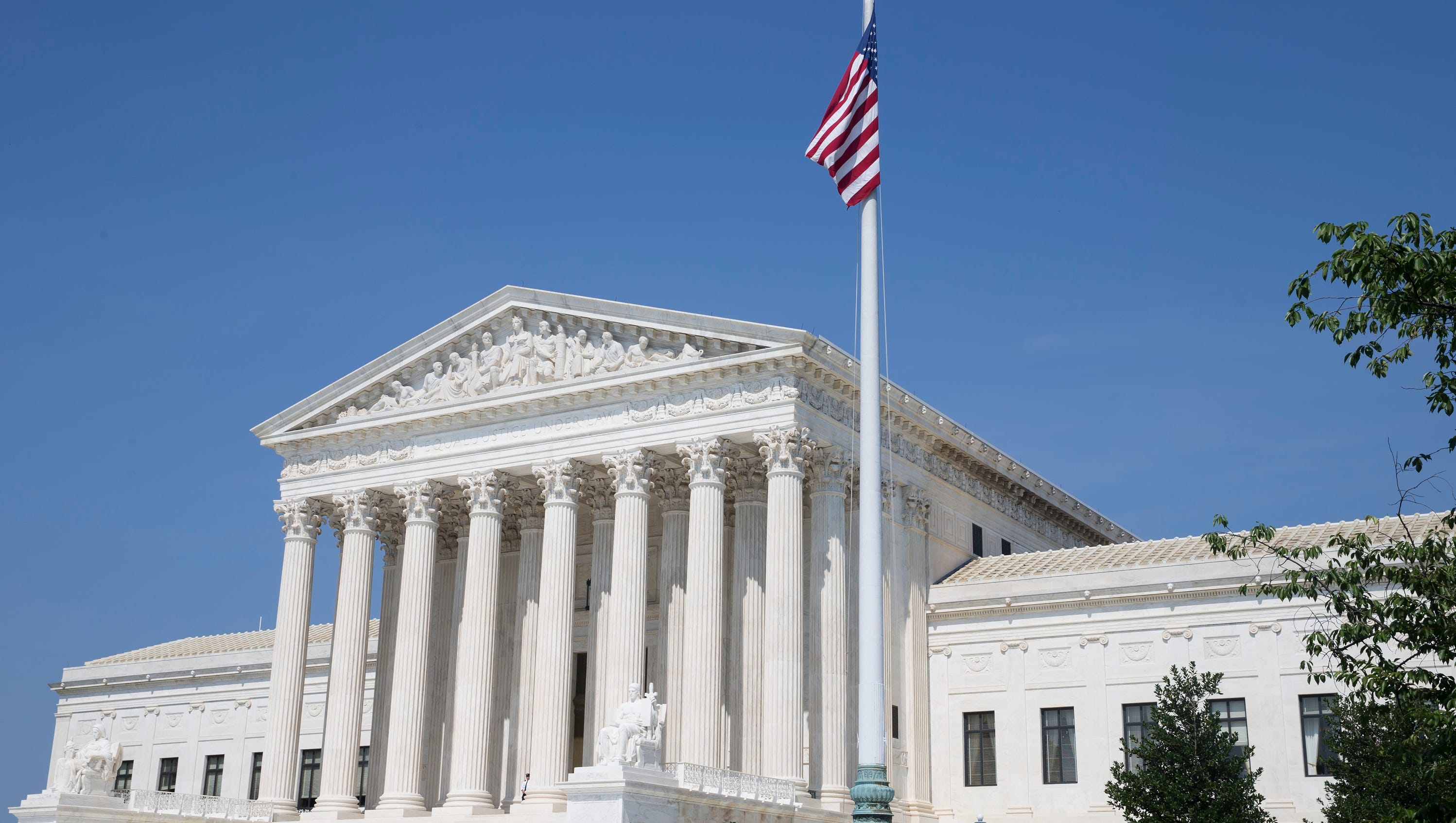The Supreme Court sided unanimously with tech companies in two cases where they were accused of “aiding and abet” terrorism. They declined to answer a heated debate on the immunity granted social media platforms to host content on their websites. Justice Clarence Thomas wrote the majority Opinion of Twitter v. Taamneh. The lawsuit was brought by the
The Supreme Court sided unanimously with tech companies in two cases where they were accused of “aiding and abet” terrorism. They declined to answer a heated debate on the immunity granted social media platforms to host content on their websites.
Justice Clarence Thomas wrote the majority Opinion of Twitter v. Taamneh. The lawsuit was brought by the family a Jordanian, Nawras Alalassaf who died in an ISIS attack on the Reina Nightclub in Istanbul in January 2017. Thomas wrote, “plaintiffs’ allegations are not sufficient to establish that defendants assisted and abetted ISIS during the relevant attack.”
The Court, in light of its decision in Twitter v. Taamneh “decline[d]” to address the application of Section 230 of 1996’s Communications Decency Act, which had been specifically challenged in Gonzalez v. Google by the family of a 22-year-old American student who was killed in a terrorist attack carried out by ISIS in a Parisian bistro in 2015.
They wrote: “Instead, instead of vacating the judgment below, we remand this case to the Ninth Circuit for them to review the plaintiffs’ complaint based on our Twitter decision.”
The family claimed that YouTube was “abetting and facilitating” the attack, because its algorithm permitted the targeted recommendation of ISIS videos intended to recruit and radicalize new members. The Court was asked whether Section 230 of Communications Decency Act of ’96, which protects online platforms against being held liable for third-party material hosted on their website while allowing to them restrict “objectionable”, gave Google immunity in its algorithm recommendations.
In the oral argument in Gonzalez v. Google, justices seemed reluctant to make a decision on Section 230 because Congress has not yet addressed any gaps in law. Justice Elena Kagan stated, “We are not the nine best experts on the Internet.”
Justice Amy Coney-Barret also suggested that the Court might not need to decide on Section 230 if it decided Twitter did not aid and abet terrorism in the case.


















Leave a Comment
Your email address will not be published. Required fields are marked with *